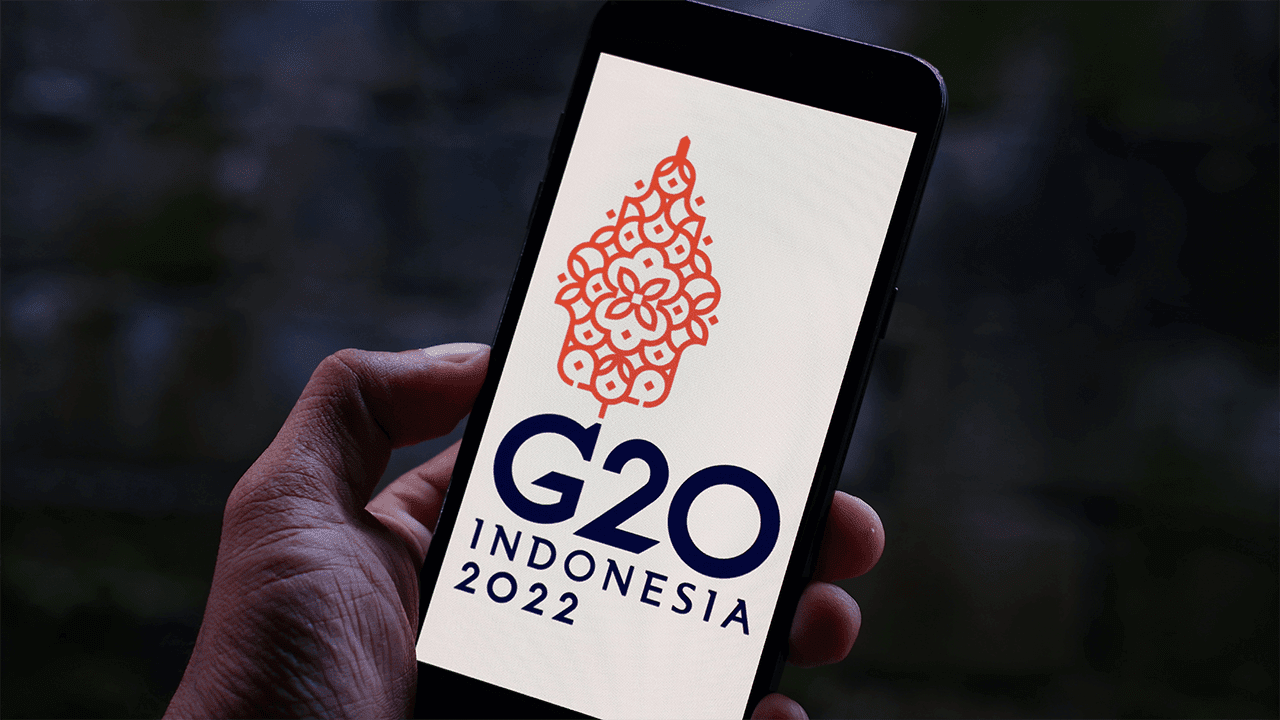The November 2022 G20 Bali summit brought together the world’s big economical twenty to discuss the burning topics regarding the global economy. The most pressing issue of all was inevitably the ongoing invasion war in Ukraine condemned by most members. The condemning countries recognized “immense human suffering and exacerbating existing fragilities in the global economy.” Russia’s president Vladimir Putin was not present at the meeting.
Other outcomes of the meeting included attempts to strengthen US-China relations and launch a financial deal to decrease the carbon emissions of Indonesia’s coal-powered economy. These and other matters were discussed under the theme “recover together, recover stronger,” referring to the battle against the COVID-19 pandemic’s after-effects on the global economy.
What about climate?
The aftermath of the meeting on media has raised an important question: should more light be shed on climate actions despite the urgency of the Russian war on Ukraine? Without underestimating the importance of handling the war and geopolitical relations, the urgency of the increasing climate change can’t be set aside. Furthermore, the location of the meeting should shed an eye on Indonesia especially.
Eyes on Indonesia
Indonesia is the world’s fourth-most-populous country, located on a unique stretch of thousands of islands covering unique ecosystems to preserve. The country is the sixth-biggest emerging market by GDP, striving to find a way to grow even with globalization in retreat. The aces in Indonesia’s sleeve include natural resources such as nickel and a thriving environment for new technology companies. This hasn’t been unseen by big international investors aiding the country’s growth. In the process, the life quality of a quarter of a billion people could be improved.
Growth comes with a cost. With the increasing deregulation of foreign investors listed in the Omnibus Bill, the number of industries allowed to operate in Indonesia will grow. Besides this, the bill has a drawback on worker rights. Nevertheless, even though the Omnibus Bill is yet revised, Indonesia’s desire to open up for global businesses is clear.
The Bali G20 meeting did bear fruit by launching the Just Energy Transition Partnership (JETP), a partnership with Indonesia to pursue a more sustainable power sector transition for Indonesia to keep the 1.5-celsius global warming limit reachable. This partnership aims to decrease the carbon emissions of Indonesia’s coal-powered economy, enabling the country to grow. To fund this initiative, $20 billion will be collected in public and private investments. In numbers, the goal is to cumulatively reduce more than 300 megatons of greenhouse gasses by 2030 and well above two gigatons during the 2060s compared to the current state of emissions.
We are not done yet
The initiative and concrete actions to slow down climate change are joyful. Yet, the battle for a better future persists and requires every fighter on every front, from different sizes of businesses to consumer awareness. Schedule a meeting with one of our experts to help you grow more sustainably and carbon-neutrally or do the Carbon Credit Check










